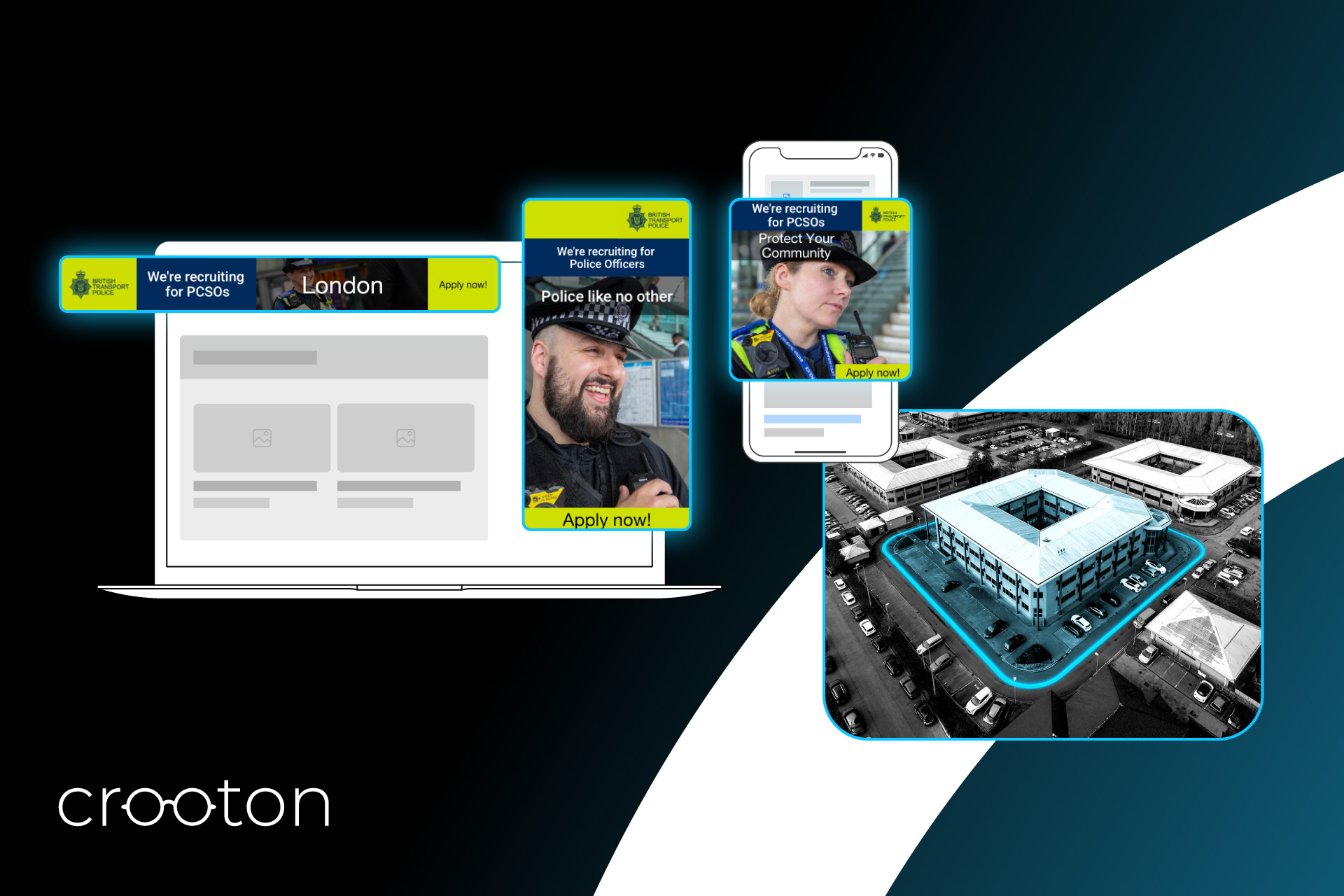Eight administrative skills to look for when hiring assistants

Feeling overworked? An assistant could be just what you need.Hiring an assistant is a great way to lighten the workload – and reduce stress levels – for you and your staff.It gives more experienced team members the time to focus on higher level tasks, knowing that all of the day to day basics are being covered.What might those basics include? An assistant often takes responsibility for the following:
- Managing emails and calls
- Drafting responses
- Booking travel
- Scheduling meetings
- Data entry
- Report generation
- Running errands
This is by no means an exhaustive list. Duties will vary depending upon the company and the role an assistant is supporting. However, all good assistants tend to complete these tasks with the help of a few key administrative skills.If you’re ready to find your new assistant, take a look at this skills tick list. You can use it when putting together your job description and when vetting candidates.
Eight essential administrative skills for assistants
1. Good written and verbal communication skills
An assistant communicates on your behalf with clients, collaborators and other staff members. So you want to be confident that they’re representing you in the best possible light.To do that, they need stellar written and verbal communication skills.
Written communication skills
Letter writing might be rare these days but workers send and receive an average of 120 emails every single day!When working their way through their inbox, assistants should be able to write professional but personable emails with ease. Your assistant should also be able to adapt their written communication style, choosing the right level of formality depending upon the recipient.
Verbal communication skills
An assistant has the confidence to speak with people in person and over the phone (we’re looking at you Millennials!).A little emotional intelligence also comes in handy for any networking and conflict resolution tasks you delegate. Empathy and sensitivity really do make all the difference.
2. Organisation
One of the most important administrative skills, good organisation is an essential.An assistant is usually tasked with managing calendars, booking meetings, responding promptly to emails, and performing a host of other important support role tasks.To complete these tasks well and on time, assistants need to be organised. They need to have a strategy for prioritising daily activities and managing their workload.Assistants also have to keep the office itself organised, maintaining or implementing both physical and digital filing systems.
3. Time management
Organisation is nothing without good time management.Assistants have to be great multi-taskers. They’ll generally have a few plates spinning at any given time.To avoid any of those plates crashing down, your assistant has to know when deadlines are due and have a solid plan for meeting them.With good time management your assistant can meet deadlines and maintain their productivity throughout the day.
4. Ethics
You may want to give your assistant access to sensitive information so they can perform tasks on your behalf.For example, you might share your credit card details or as yet unannounced changes to your workplace.If you’re to be confident that this info won’t go any further, your assistant should demonstrate trustworthiness and a strong ethical code.
5. Flexibility
No two days are the same. The best assistants are able to adapt to new tasks and requirements. They won’t be fazed if you ask them to organise a staff get together, or help to onboard a new team member, or conduct a bit of research before you head into your next meeting.They’re also able to adapt if the scope or specifics of a task change. Assistants can – within reason – roll with whatever the day throws at them.
6. Attention to detail
Without attention to detail, mistakes are missed. This can be extremely problematic if an assistant is responsible for data entry. Data will become more and more unreliable if it includes wrongly entered information.But attention to detail comes in handy for other tasks, too.Typo-free emails, meetings arranged for the right time and date, communications getting to the right people; when an assistant is detail-oriented you maintain high standards and give a great impression to your contacts.
7. Tech skills
Any staff member – including your assistants – needs to feel comfortable working with computers.They should be adept in Microsoft Office or similar. They should know their way around a spreadsheet and be able to quickly learn any software packages you regularly use.Crucially – in the world of hybrid working we now inhabit – they need to feel confident working remotely, using tech and software solutions to complete their work and to communicate with team members.
8. Resourcefulness
You won’t always be on hand to answer questions or give guidance. So your assistant should have good problem solving skills and equally good judgement.This means they know where to look for information when they have a problem, and (when they’re familiar with the role) have the initiative and creativity they need to solve problems without questioning you unnecessarily.If resourcefulness is one of your assistant’s administrative skills, you can also count on them to anticipate your needs to a certain extent.Over time, they’ll get to know your work patterns and requirements. They can then predict what you’re likely to need from them next and build this into their work schedule.









